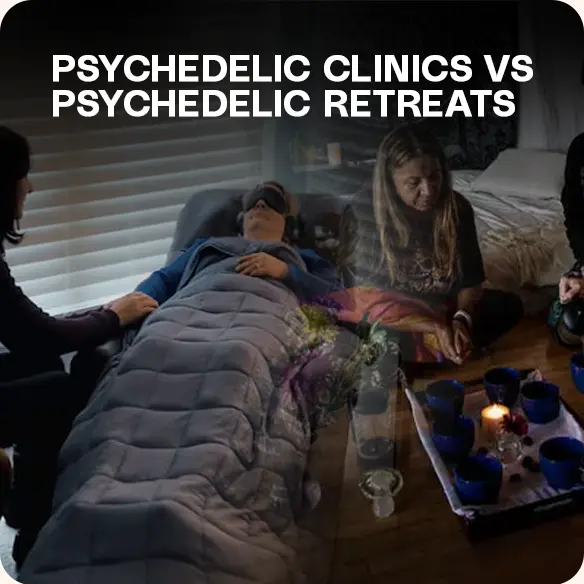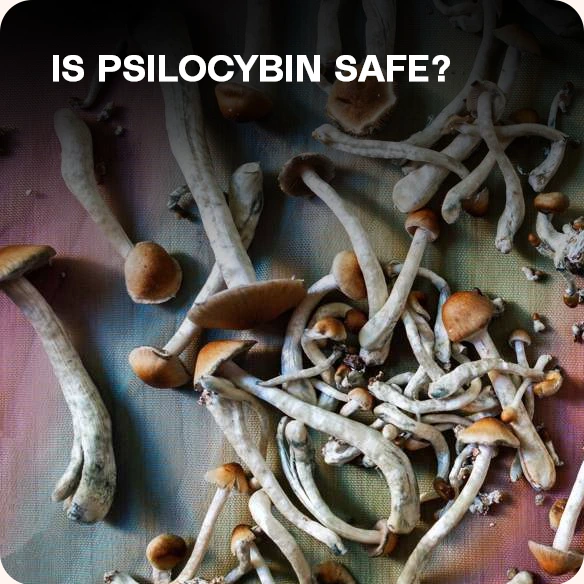Can tiny doses of psilocybin boost your productivity? Increasingly popular, the idea of microdosing for productivity suggests benefits like better focus, creativity, and mood. This article explores how microdosing enhances work performance and examines the latest studies supporting this claim.
Key Takeaways
- Microdosing psilocybin is gaining popularity for its potential to enhance creativity, focus, and mood, contributing to a more productive workday.
- Scientific research suggests that microdosing improves cognitive flexibility, focus, and emotional well-being, helping with problem-solving and reducing stress.
- Effective microdosing requires specific protocols, such as beginning with very low doses and taking regular breaks to prevent tolerance and ensure safety.

What is Microdosing?
Microdosing psilocybin involves taking tiny amounts of psilocybin mushrooms to achieve cognitive and emotional benefits without experiencing a full psychedelic trip.
When microdosing, there needs to be a balance. If the amount is too small, the changes needed might not happen, and if it’s too much, there may be risks of unwanted shifts in how we think. The goal is to find a dose where the benefits are both noticeable and manageable.
Reported Benefits:
- Improved Focus and Concentration
- Enhanced Creativity
- Increased Energy and Motivation
- Better Stress Management
- Improved Mood
Peggy Van de Plassche, a psychedelic advocate, highlights productivity and mental clarity gains, alongside stress reduction, as key reasons for the practice’s popularity.
Doses range from 0.1 to 0.5 grams of dried mushrooms—significantly less than what people would consume for a full psychedelic trip.
How Microdosing Affects Cognitive Functions?
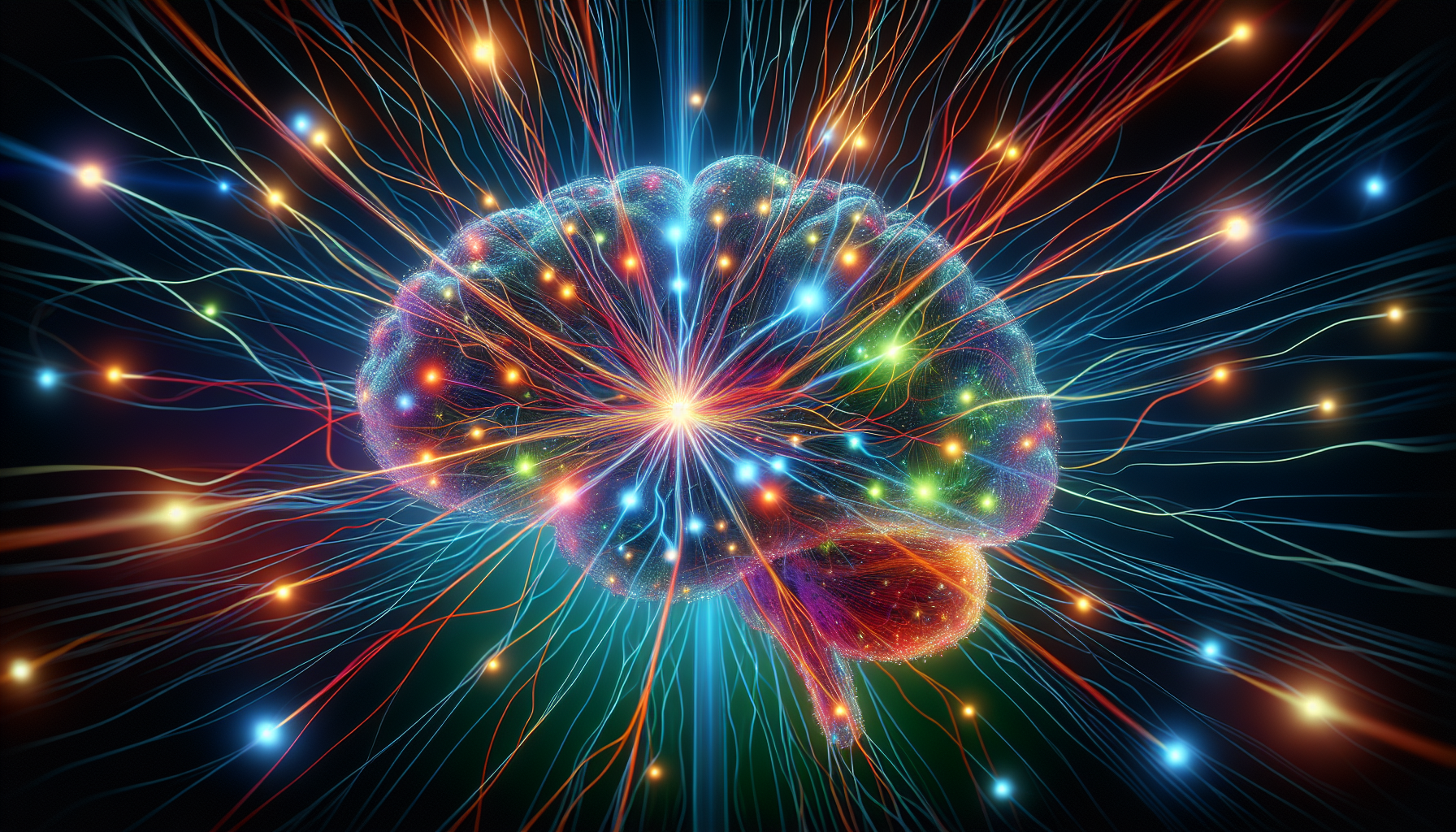
Thomas Anderson and his team conducted a study in 2019 involving over 1,000 participants who were microdosing. This research found that people who microdosed reported improved emotional responses, increased open-mindedness, and enhanced creativity compared to those who did not microdose. The participants also showed significant improvements in both convergent and divergent thinking, which are essential for creativity and problem-solving.
In a study by Vince Polito and Richard Stevenson in 2019 involving 98 participants, the researchers found that microdosing led to significant increases in cognitive flexibility—the brain’s ability to switch between different modes of thinking. This flexibility allows people to deal with problems more effectively.
The study also noted that small doses of psilocybin create a mental state good for handling tasks requiring analytical and creative thinking. Reports from microdosers in this study support these findings, with many noting increased originality and fluency in their idea-generation tasks.
These effects are believed to be tied to the activation of serotonin receptors, which play a significant role in cognitive processes. This might explain why microdosers often report enhanced problem-solving abilities and a fresh approach to challenges.
Can Microdosing Enhance Focus and Concentration?
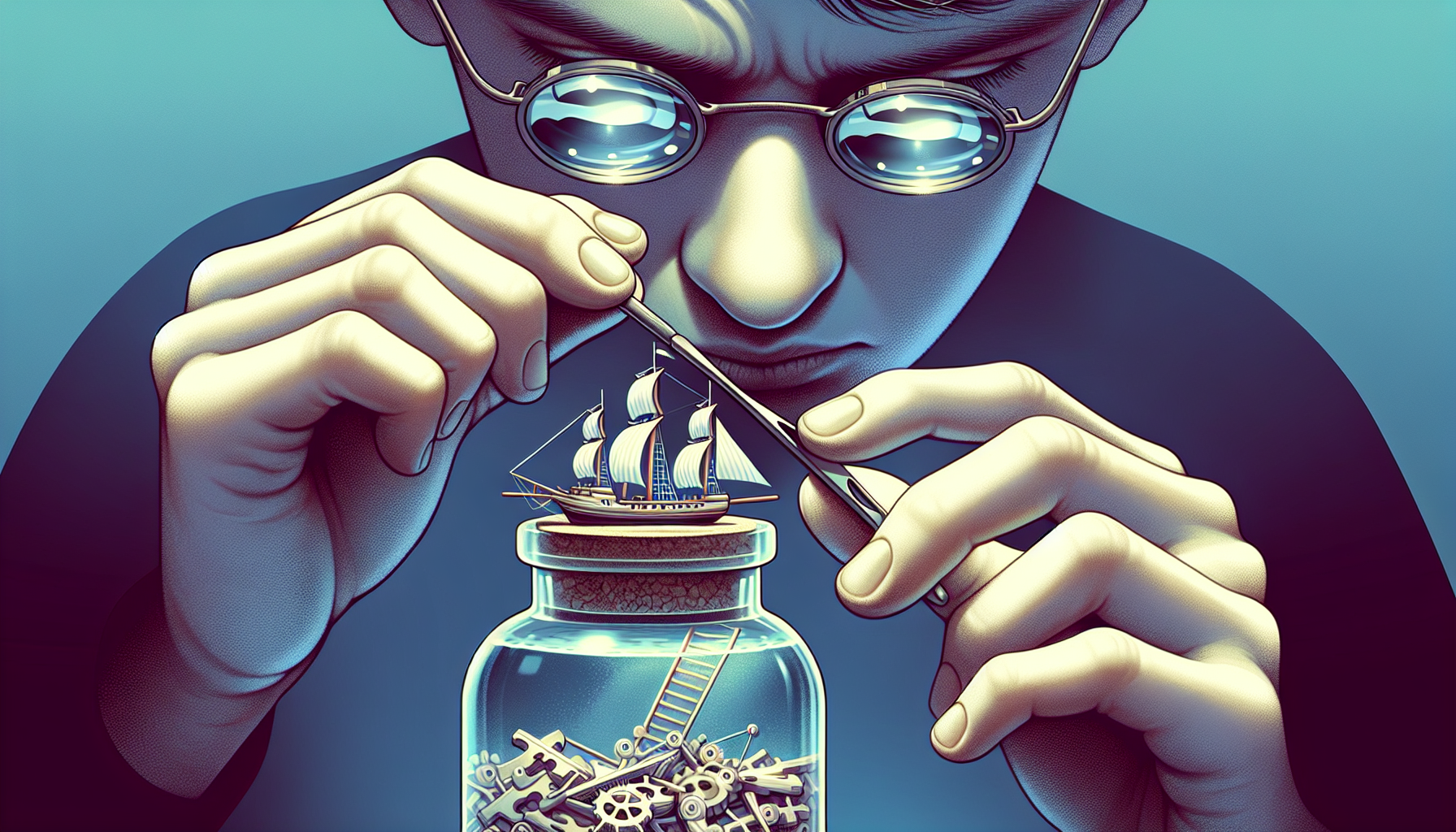
Microdosing has been reported to improve focus and concentration significantly. Studies tracking participants over weeks note clearly better focus on dosing days compared to baseline levels.
Positive Changes Reported:
- Increased sense of awareness and mindfulness
- Heightened engagement and attentiveness
- Ability to maintain concentration for long periods
- Decreased distractibility
- Increased absorption during tasks
These changes could improve productivity and efficiency, making microdosing a valuable tool for enhancing problem-solving skills and cognitive flexibility.
Can Microdosing Boost Energy Levels and Motivation?

Maintaining energy levels and motivation throughout demanding schedules is a common goal these days. Many people report an increase in energy and motivation as one of the key benefits of microdosing.
This subtle enhancement supports productivity and work performance without the hallucinations associated with higher doses of psilocybin.
Reported Changes:
- Positive emotional uplift
- Improved mood
- Increased motivation
- Overcoming fatigue and burnout
Can Microdosing Improve Emotional Well-Being and Stress Reduction?
Microdosing influences mental health and emotional well-being. Many people report increases in general well-being on dosing days. Compared to non-microdosers, those who incorporate small doses of psilocybin into their routine often report lower levels of anxiety, depression, and stress.
In a study conducted by Dr. James Fadiman in 2011, participants who microdosed reported significant relief from conditions like depression and social anxiety. The study involved self-reports from hundreds of participants over several months. Dr. Fadiman’s research highlighted that microdosers experienced enhanced emotional balance and a reduction in symptoms of mood disorders.
Another study by Polito and Stevenson in 2019, which involved 98 participants, also found that those who microdosed reported lower levels of anxiety, depression, and stress compared to non-microdosers. This study supported the idea that microdosing can lead to improvements in emotional well-being and stress reduction.
These therapeutic benefits make microdosing a promising approach for those seeking relief from various mental health conditions and aiming to achieve a more balanced emotional state.
Which Microdosing Protocols work?
Starting a microdosing routine requires careful thought and respect for protocols to ensure safety and effectiveness. Clear guidelines are crucial, beginning with the smallest possible dose and adjusting based on individual response.
Following protocols can help maintain the benefits while minimizing potential risks. Monitoring personal experiences through journaling can also be helpful in tracking changes in connectedness, creativity, focus, happiness, and overall well-being.
Common Microdosing Protocols
Several well-known protocols have been developed to guide microdosing practices. Here is a quick look at some of the most common ones:
- Fadiman: This protocol, suggested by Dr. James Fadiman, involves taking a microdose of psilocybin every three days. The idea is to dose on Day 1, monitor the results on Day 2 (a non-dosing day), and rest on Day 3. This helps balance the benefits and prevent tolerance.
- Stamets: Developed by Paul Stamets, this protocol involves microdosing for four days, followed by a three-day rest period. It is designed to improve neurogenesis and overall mental health.
- Intuitive This protocol allows individuals to adjust their microdosing plan according to their specific needs, with flexible dosage days and breaks.
Check out this article to learn more about microdosing protocols.
Monitoring Personal Experiences
Keeping a journal is an essential part of the microdosing process. By tracking changes in connectedness, focus, happiness, and overall well-being, people can better understand how microdosing affects them and adjust their protocols accordingly. This practice helps ensure that the microdosing journey is both safe and effective, tailored to each person’s responses and needs.
Microdosing psilocybin is becoming popular for those wanting to boost their cognitive and emotional abilities. Both research and personal stories show that when done carefully, microdosing can improve productivity, work performance, and overall well-being.
Frequently Asked Questions
What exactly is microdosing?
Microdosing is the consumption of small doses of psilocybin mushrooms to improve cognitive and emotional well-being without having a full psychedelic experience.
Can microdosing improve my work performance?
Yes, microdosing could lead to increased productivity, focus, and overall well-being, potentially improving work performance.
Is microdosing legal?
Microdosing legality varies by country and is often controlled under federal law, so it’s crucial to check local regulations before attempting it. Always ensure compliance with relevant laws and regulations.
How often should I microdose?
It’s recommended to microdose every other day or a couple of days on followed by a few days off to prevent tolerance and monitor changes effectively.
Can I microdose and still go about my daily activities?
Yes, microdosing is designed to have subtle effects, allowing you to carry on with your daily tasks without significant disruptions.
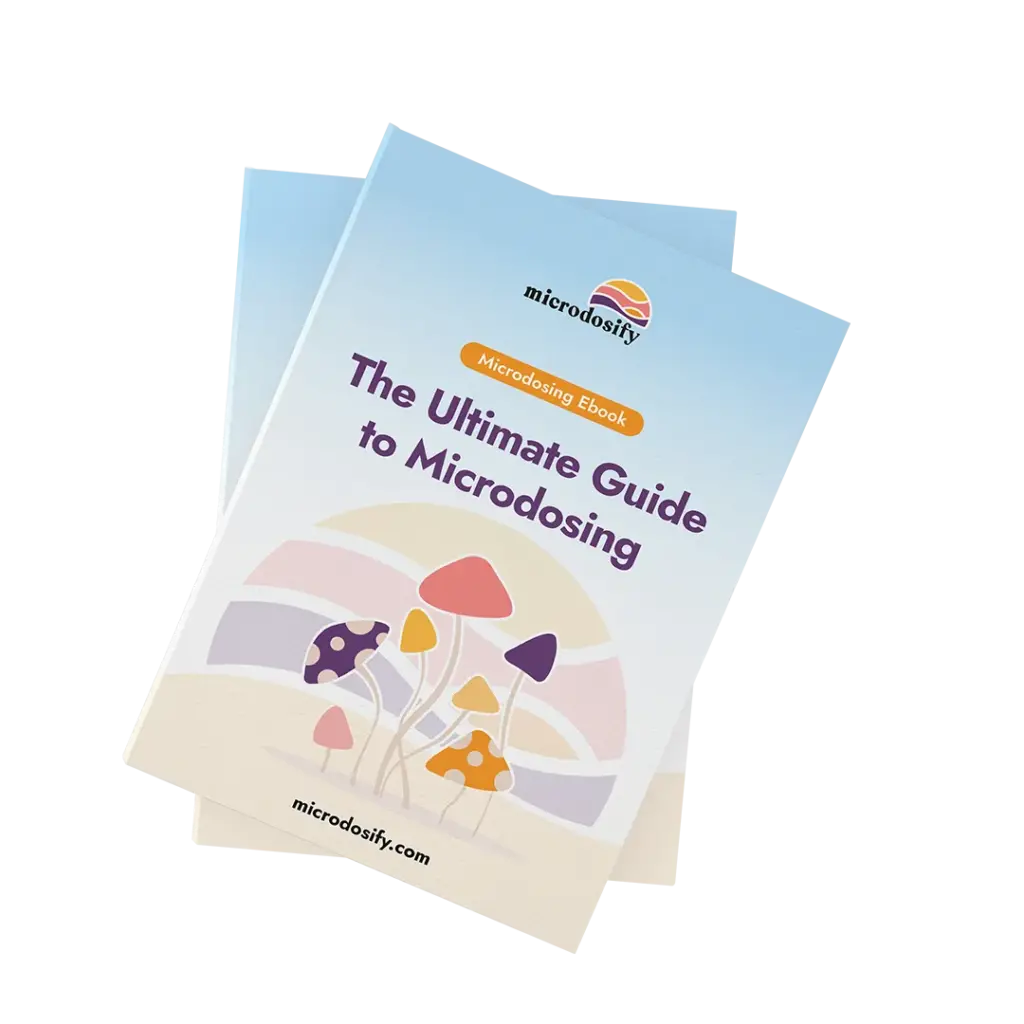

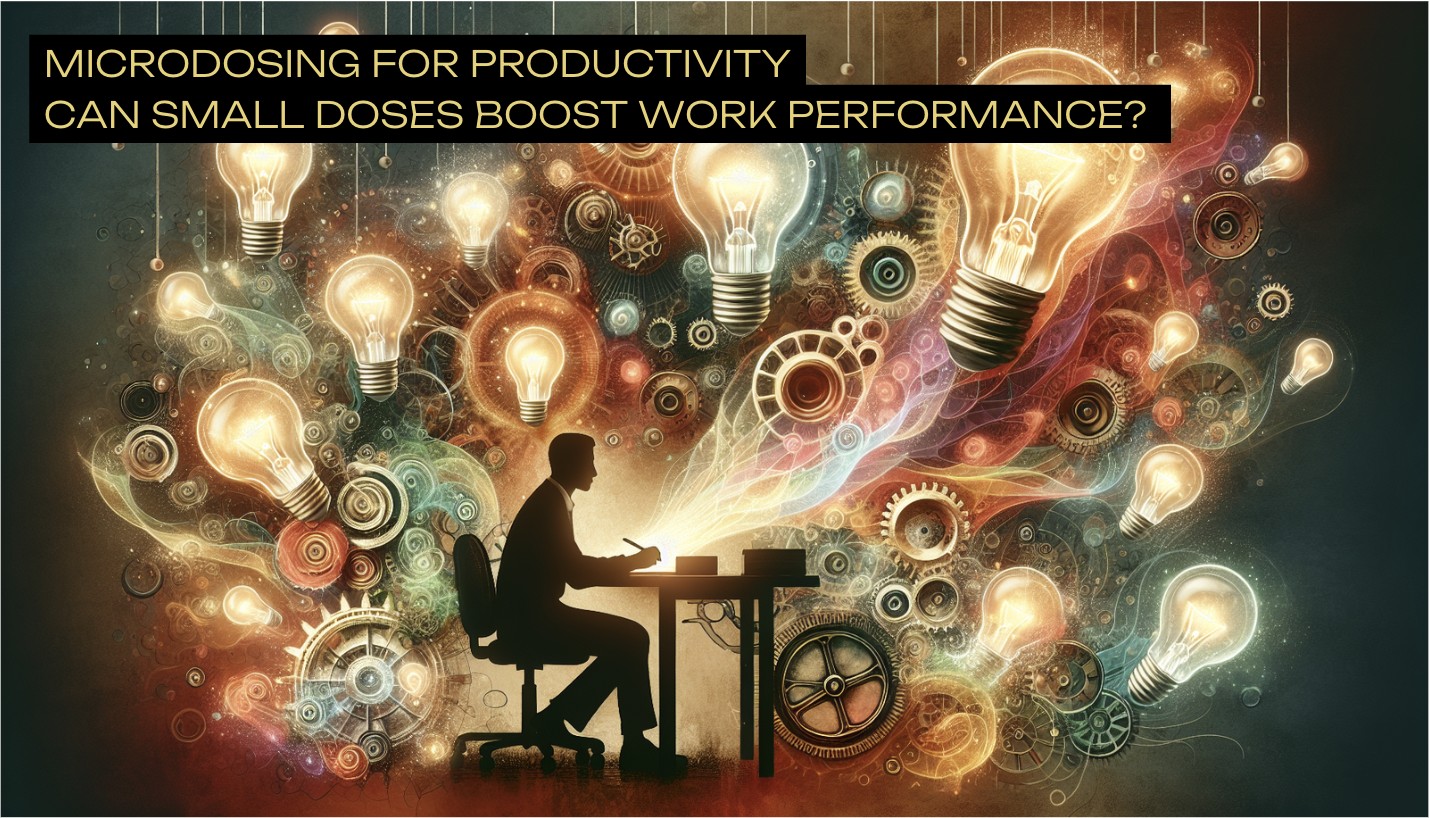
 6 min read
6 min read